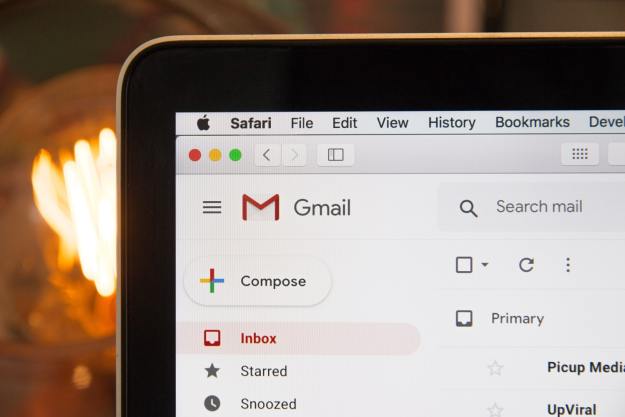
The World Wide Web turned 20-years-old last week. So it seems time that we got something straight, something that has been bugging me for ages: The Web is “real life,” not some separate realm of existence. And we would do ourselves a favor by thinking of it that way – because until we do, many of the problems that exist because of the Web, from dwindling online privacy to shameful vitriol to virtual witch hunts, will continue to hold us hostage.
It’s difficult to say exactly when we began referring to “the Web” or “the Internet” as something other than “real life.” (I would guess it started at the very beginning.) But it’s clear we haven’t yet given up the practice. A quick search on the Internet’s record of steaming consciousness (a.k.a Twitter) shows that thousands of people still disassociate what happens online and offline. We have “Internet friends” and “real life friends.” We have interests that we only explore through the Web, and those we never include in any status updates. We can be one person offline, and someone else entirely on the Web.
In many cases, this disconnect is a good thing. Two sets of friends is better than one – or none. A broader set of experiences generally makes us less close-minded. And when our “real-life” selves become trapped by self-doubt or overbearing peers or family members, an anonymous username can do wonders for our inner My Little Pony fan.
Age 11: worry about internet people finding me in real life.Now: worry about people in real life finding me on the internet.
— Tumblr (@SincerelyTumblr) June 11, 2012
But there is a dark side to our perception that what happens on the Web stays on the Web. This came into stark focus last month, as Web users tried to hunt down the Boston Marathon bombers by posting every photo and tidbit of unconfirmed information they could find. The Sherlock Holmes festivities came crashing to an inevitable end after Twitter and Reddit users misreported multiple innocent people as potential suspects.
An anonymous username can do wonders for our inner My Little Pony fan.
We become victims or perpetrators of this false online-offline disconnect constantly – not just during national tragedies or manhunts. We bitch about our bosses on Facebook, thinking it will never come up in future job interviews. We create entirely separate identities, believing that our various selves will never cross paths. And we toss around horrific names in comment sections, forgetting that there are sensitive human beings on the receiving end.
It is this last point that I believe lies at the center of our misperception: “The Internet” is, for the most part, just people. It is not only usernames. People are not simply what they tweet. And just because someone calls himself a redditor doesn’t mean he took part in a witch hunt.
We understand that the Internet is real life – we simply choose to ignore it.
All of what I’m saying here has been said before – we know, deep down, that the disconnect between what we do online and offline is a figment of our imagination. We know that flirting online while in a monogamous relationship is as morally bankrupt as flirting with someone at a bar. We understand that the Internet is real life – we simply choose to ignore it.
Eventually, the gap between online and offline will close. As the Internet gains another 20 years, and becomes less novel, so too will our confounded perceptions of it. The generations that come of age with screen names and social media accounts will realize that their online actives have real-world consequences. And, if you ask me, that time can’t come soon enough.
Editors' Recommendations
- Your digital fingerprint is tracked everywhere online. Brave wants to change that
- Coronavirus is closing schools and hinting at a digital future for education


